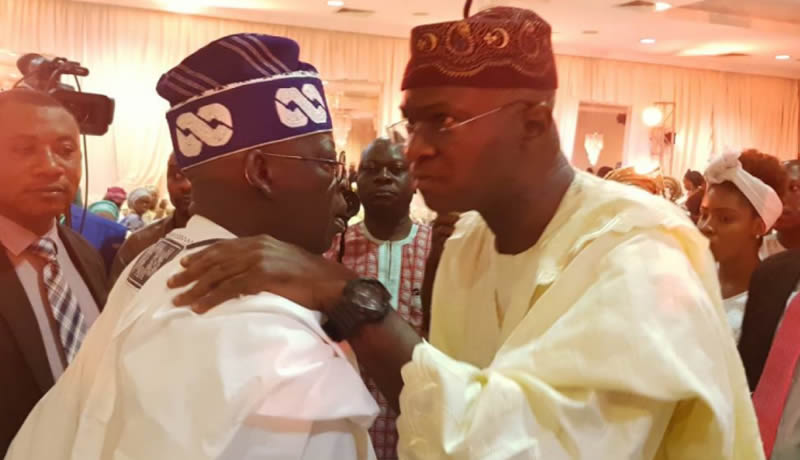Babatunde Fashola, minister of works and housing, has said the stance of Bola Tinubu, the presidential candidate of the All Progressives Congress (APC), on the naira redesign policy shows that he’s the interest of the common people at heart.
Fashola said this on Monday in an interview on Channels Television.
The minister said Tinubu stayed true to form as an “activist”.
On January 25, Tinubu said saboteurs in the administration of President Muhammadu Buhari are using the petrol scarcity and naira redesign to scuttle his chances in the forthcoming polls.
Speaking further, the minister said the government needs to reflect on the naira redesign policy, considering the hardship faced by Nigerians over the scarcity of new naira notes.
“It is the responsibility of public servants, especially those responsible for those policies, to look back and say ‘do we intend to cause this pain?’ And if the policy is not working, perhaps you have to readjust and ask yourself whether you thought this through,” he said.
“As a public servant before and now, I have had cause to revert myself when I saw that my policies were causing unintended results.
“These policies are not yet delivering the results and it is delivering a lot of inconvenience for a lot of people.
“That is why our candidate was the first to speak out about it even though it is his party that is in government and this is consistent with Asiwaju Tinubu’s position as an activist, the fighter of the downtrodden, and champion of the downtrodden.
“It was after he spoke that the others now found their voices. One of them said ‘don’t extend it’. What is he benefiting from contributing to the pain by saying they should not extend it?
“Because it is clearly having consequences that are not intended. One of the consequences that is unintended is pain and inconvenience.”
Over the past days, Nigerians across the country have been battling with the scarcity of new naira notes — a development that has led to queues at banking halls and automated teller machine (ATM) points.
The development has also led to protests and has crippled economic activities in some parts of the country.
The Central Bank of Nigeria (CBN) had given a deadline of January 31 for the use of old naira notes — but it was recently extended to February 10.
